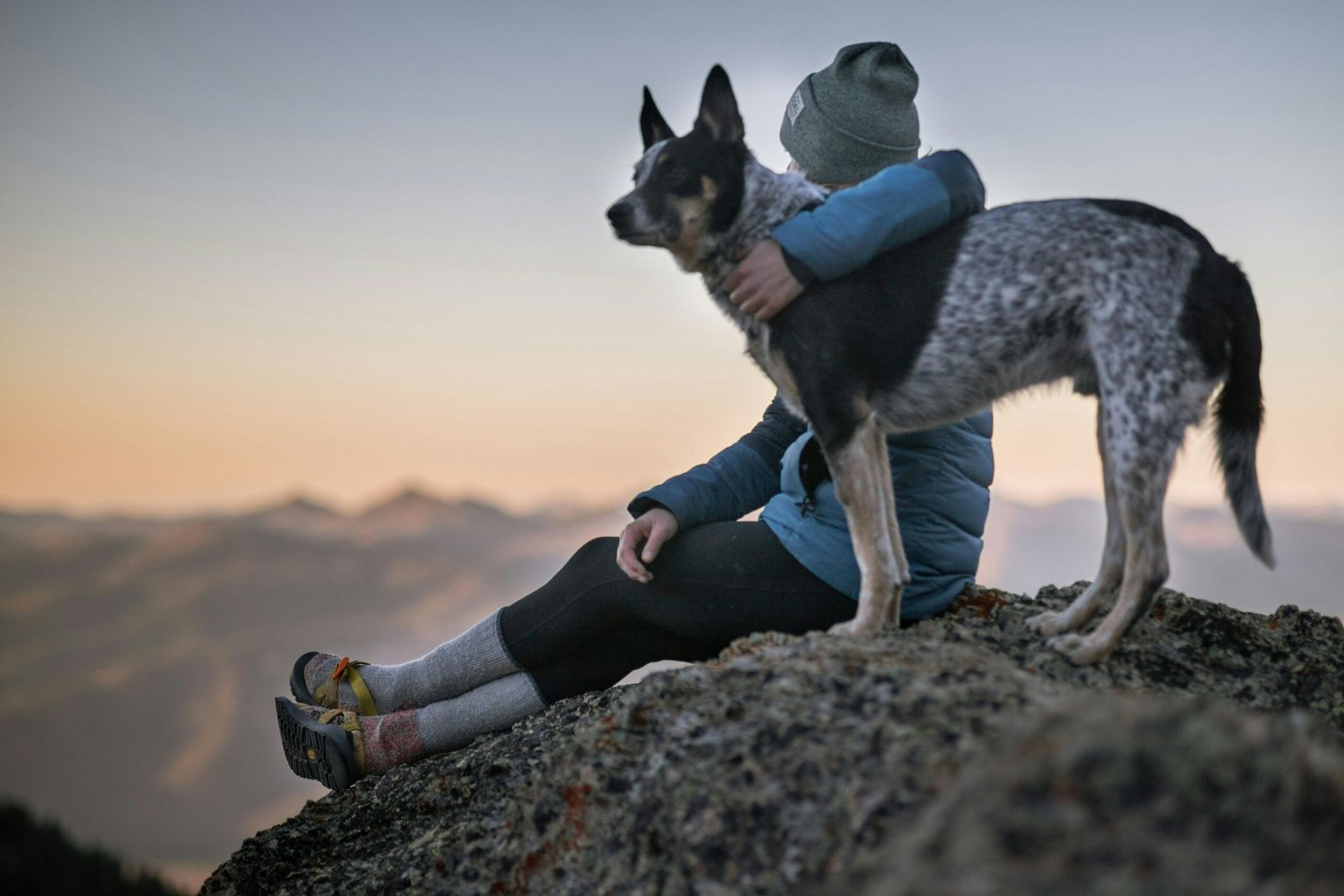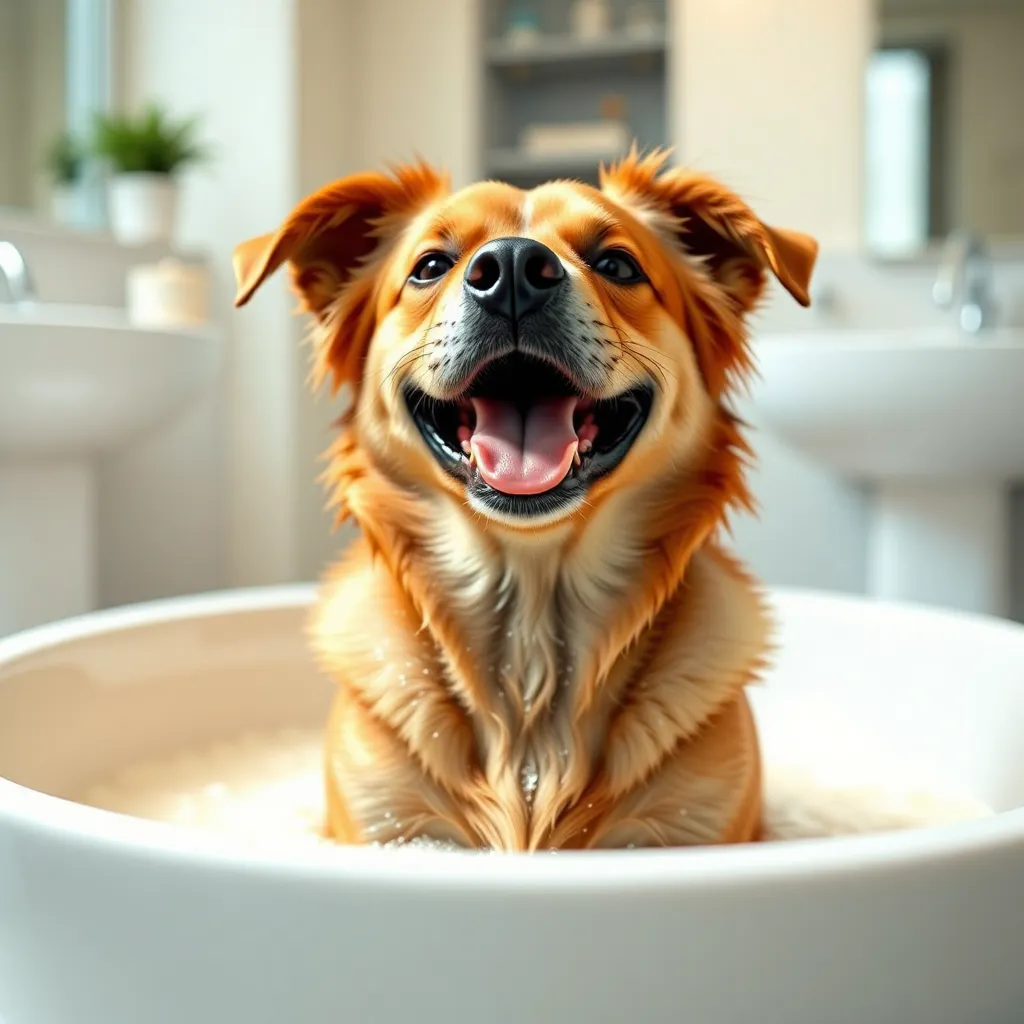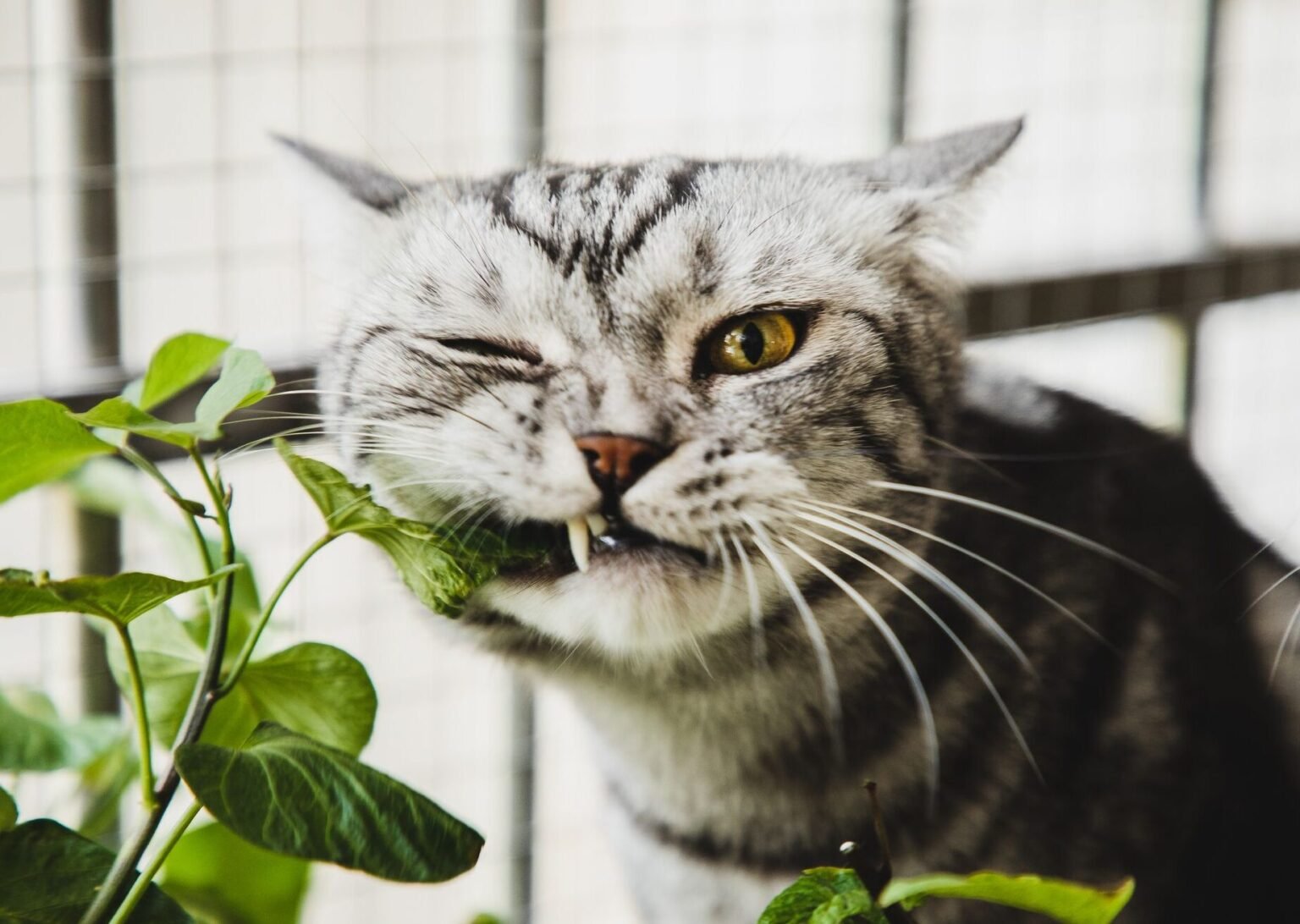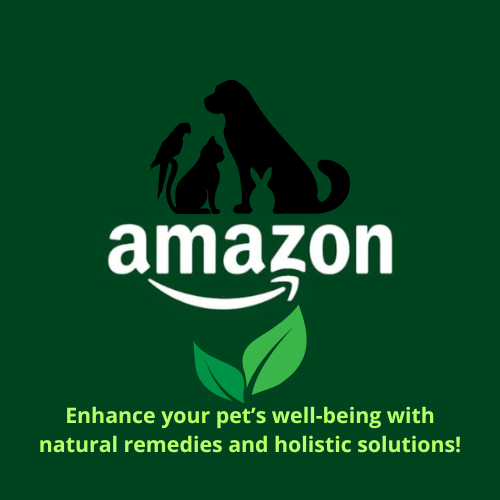Many pet owners face the challenge of managing their furry friends’ anxiety. Whether it’s separation anxiety, noise phobias, or general nervousness, finding safe and effective solutions is a top priority. While pharmaceutical options exist, many pet parents are turning to natural remedies, specifically herbs, to help calm their anxious companions. This article explores the potential benefits of lavender and valerian root for easing anxiety in pets, highlighting their safety and efficacy, while emphasizing the importance of consulting your veterinarian before starting any herbal treatment.
Understanding Pet Anxiety
Before diving into specific herbs, it’s crucial to understand the various forms anxiety can take in pets. Symptoms can manifest differently depending on the animal and the trigger. Some common signs include:
- Excessive barking or meowing: Constant vocalization, especially when left alone or in unfamiliar situations.
- Destructive behavior: Chewing furniture, digging, or scratching excessively.
- Restlessness and pacing: Inability to settle down, constantly moving around.
- Changes in appetite: Either increased or decreased food intake.
- Increased heart rate and panting: Physical manifestations of anxiety.
- Urination or defecation in the house: Loss of housetraining.
- Hiding: Seeking refuge in dark or secluded areas.
- Aggression: Increased irritability and defensive behavior.
Recognizing these symptoms is the first step towards addressing your pet’s anxiety. However, it’s vital to rule out any underlying medical conditions that might be contributing to these behaviors. A thorough veterinary examination is always recommended.
Lavender: A Calming Aromatic
Lavender (Lavandula angustifolia) is a widely known herb with a soothing aroma. Its calming properties have been used for centuries in humans, and emerging research suggests similar benefits for pets. Lavender’s calming effect is primarily attributed to its essential oils, particularly linalool and linalyl acetate, which interact with the nervous system to promote relaxation.
How Lavender Can Help Anxious Pets:
- Reduces stress hormones: Lavender may help lower cortisol levels, the hormone associated with stress.
- Promotes relaxation: The calming scent can create a more peaceful environment for your pet.
- Improves sleep quality: Lavender can help anxious pets sleep more soundly.
Safe Use of Lavender for Pets:
- Always use pure, undiluted lavender essential oil: Avoid products containing synthetic fragrances or other additives.
- Never apply directly to the skin: Dilute lavender essential oil with a carrier oil (like coconut or olive oil) before topical application. A ratio of 1-2 drops of essential oil per 1 teaspoon of carrier oil is a good starting point.
- Use a diffuser: Diffuse lavender essential oil in a well-ventilated room. Ensure your pet has access to fresh air and can easily leave the room if they wish.
- Avoid ingestion: Lavender essential oil should never be ingested by pets.
- Monitor for adverse reactions: Some pets may experience mild skin irritation. Discontinue use if any adverse reactions occur.
Important Note: While generally considered safe, lavender can be toxic to cats in large quantities. Use extreme caution and consult your veterinarian before using lavender with cats.
Valerian Root: A Natural Tranquilizer
Valerian root (Valeriana officinalis) is another herb with a long history of use as a natural sedative and anxiolytic. It contains various compounds, including valerenic acid and valepotriates, which interact with the brain’s GABA receptors, promoting relaxation and reducing anxiety.
How Valerian Root Can Help Anxious Pets:
- Reduces anxiety and nervousness: Valerian root can help calm anxious pets in stressful situations.
- Improves sleep: It can aid in promoting restful sleep for pets struggling with insomnia.
- Reduces hyperactivity: It may help reduce excessive activity and restlessness.
Safe Use of Valerian Root for Pets:
- Consult your veterinarian: Valerian root should only be used under veterinary guidance, as it can interact with certain medications.
- Start with a low dose: Gradually increase the dosage as needed, always following your veterinarian’s instructions.
- Use appropriate formulations: Choose products specifically formulated for pets.
- Monitor for side effects: Side effects are uncommon but may include drowsiness, mild gastrointestinal upset, or increased urination.
Important Note: Valerian root can interact with other medications, so it’s crucial to inform your veterinarian about all medications your pet is currently taking before administering valerian root.
Other Considerations
While lavender and valerian root offer promising natural solutions for pet anxiety, it’s essential to remember that they are not a replacement for professional veterinary care. If your pet is exhibiting significant anxiety symptoms, a veterinary consultation is crucial to rule out underlying medical issues and develop a comprehensive treatment plan.
Furthermore, lifestyle modifications, such as providing adequate exercise, mental stimulation, and a secure and predictable environment, can significantly contribute to reducing anxiety in pets. Training techniques, such as desensitization and counter-conditioning, can also be highly effective.
Frequently Asked Questions (FAQ)
Q: How long does it take for lavender and valerian root to work?
A: The onset of effects varies depending on the pet, the product used, and the dosage. You may see some improvement within a few days, but it may take several weeks to observe the full benefits.
Q: Are there any potential side effects of using lavender and valerian root in pets?
A: Side effects are generally rare but can include mild gastrointestinal upset, drowsiness, or skin irritation (with lavender). Always monitor your pet for any adverse reactions.
Q: Can I give my pet human-grade lavender or valerian root?
A: No, human-grade products are not formulated for pets and may contain ingredients that are toxic to animals. Always use products specifically designed for pets.
Q: What if my pet doesn’t respond to lavender and valerian root?
A: If you don’t see any improvement in your pet’s anxiety after a reasonable trial period, consult your veterinarian. They may recommend other treatment options, such as medication, behavioral therapy, or a combination of approaches.
Q: Is it safe to combine lavender and valerian root?
A: Combining these herbs should only be done under the guidance of your veterinarian. They can help determine the appropriate dosages and ensure there are no potential interactions.
Q: Where can I find pet-safe lavender and valerian root products?
A: Look for products from reputable pet supply stores or online retailers that specifically state they are formulated for pets and list the ingredients clearly. Always check with your veterinarian before purchasing any herbal supplements for your pet.
This article provides general information and should not be considered medical advice. Always consult with a veterinarian before starting any new treatment for your pet, including herbal remedies. The well-being of your pet is paramount, and a collaborative approach between you and your veterinarian is key to successful anxiety management.
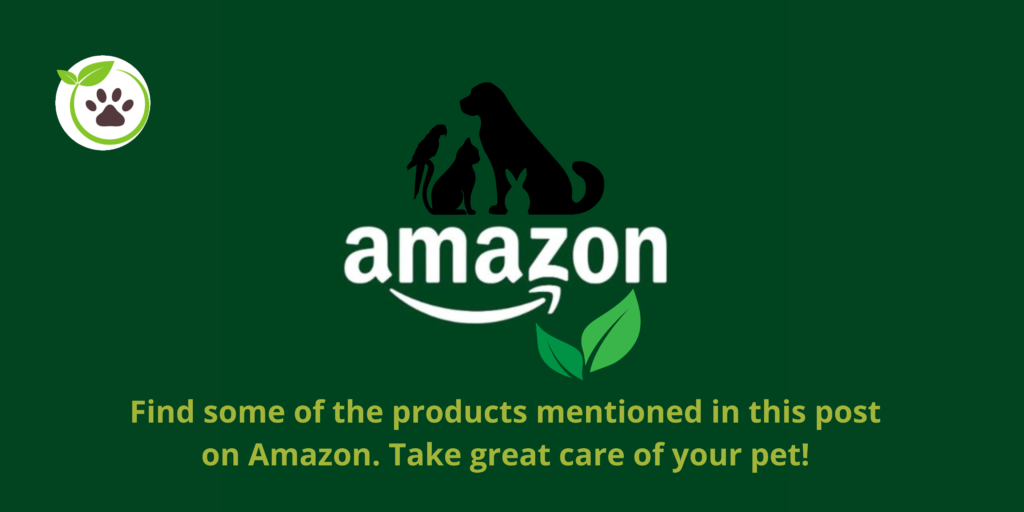
Share this content:

